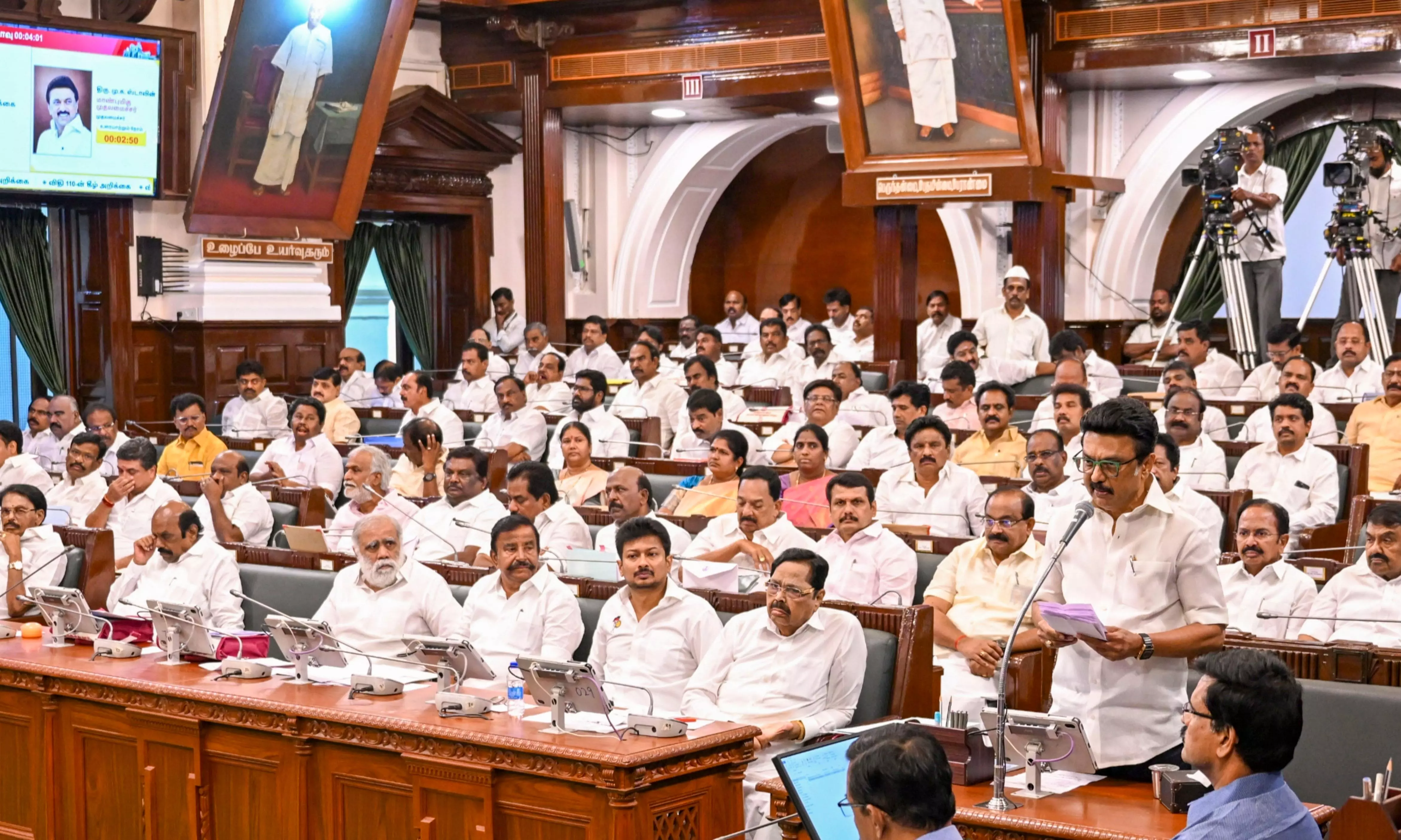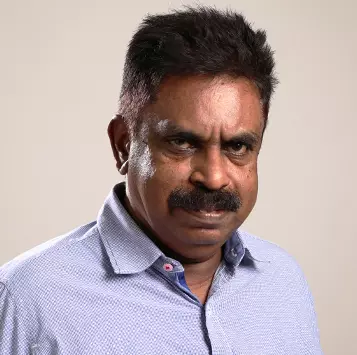Stalin Moves Bills for Nominating Differently Abled Persons to Local Bodies
The new laws were based on the Dravidian movement’s prime objective of raising oppressed people to positions of power and enabling them to take part in the administrative process, he said

Chennai: Two Bills amending the Tamil Nadu Panchayat Act 1994 and the Tamil Nadu Urban Local Bodies Act 1998 to provide for differently abled persons getting direct nomination to all the civic bodies in the State, starting from the village panchayats to Municipal Corporations, without contesting elections were introduced in the Assembly on Wednesday by Chief Minister M K Stalin.
Speaking on the salient features of the Bill, Stalin said once the House passed the two amendments, the representation of differently abled persons in local bodies, which now stood at a mere 35, would go up to 650 in urban local bodies and 12,913 in village panchayats, 388 in panchayat unions and 37 in district panchayats, giving a voice to the hitherto voiceless community.
The new laws were based on the Dravidian movement’s prime objective of raising oppressed people to positions of power and enabling them to take part in the administrative process, he said, introducing the Bills to a thunderous applause in the floor of the House with leaders and representatives of associations for the differently abled watching, what he described as a historic event, from the visitors’ gallery.
The move was also in continuation of the DMK government’s various initiatives for the welfare of the differently abled, taken not on compassionate grounds but on the basis of their rights, he said adding that the allocation for the department for the welfare of differently abled had been doubled from Rs 667 crore to Rs 1,432 crore after the present government took charge.
In fact Tamil Nadu, which now topped in the allocation for the welfare of differently abled among all States in the country, also took extra efforts to help them through the organization of job fairs, encouraging them to take up higher level jobs in government and assisting them in their endeavours to start their own business ventures, besides offering 2493 jobs though the 4 per cent reservation for them, he said.
Even the private sector was encouraged by the government to employ differently abled persons and companies that had a minimum of 10 such employees in their rolls were given a subsidy of Rs 2000 per person for one year, he said.
Besides a plethora of welfare schemes, costing Rs 125 crore, the government had constructed ramps on the Marina and Besant Nagar beaches for the benefit of the differently abled to reach the sea, he said.
When the move to bring in the amendment to the local bodies act, both rural and urban, was announced disability rights activist and president of December 3 movement, Deepak Nath had said the accommodation of 12,000 differently abled persons in the local bodies would give them the due respect even in the remotest of places, Stalin said.
So the government was firm in upholding the rights of the differently abled in local bodies, the two Bills had been introduced to help them get opportunities and special rights on equal terms, which was also part of social justice and the avowed objective to provide ‘everything for everyone,’ the ideals that the DMK always stood for.

